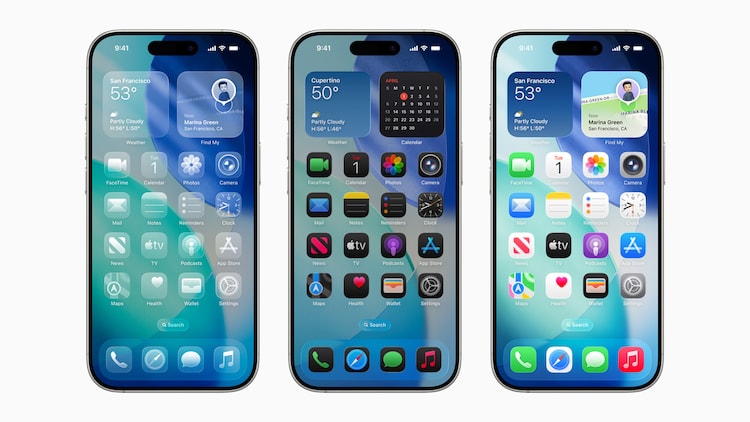When you use the internet, most of what you do—like browsing websites, sending messages, or streaming videos—can be seen by your internet provider and, in some cases, by others who want to track you. A VPN, or Virtual Private Network, helps keep that activity private. It creates a secure, hidden path between your device and the internet.
Here’s how it works in simple terms.
When you turn on a VPN, it connects your phone or computer to a special server run by the VPN provider. From there, all your online activity goes through that server before reaching the website or app you’re using. This server hides your real location and replaces your IP address (the number that identifies your device online) with one from a different place.
To anyone watching, it looks like you’re browsing from the VPN server’s location instead of your own. That makes it much harder for advertisers, hackers, or even your internet provider to track what you’re doing.
But privacy isn’t the only benefit. A VPN also encrypts your data. That means it locks up your information so no one can read it while it’s traveling through the internet. If you use public Wi-Fi in a café, airport, or hotel, this becomes especially important. Without a VPN, someone on the same network could try to see what you’re doing. With a VPN, your connection is protected.
People use VPNs for different reasons. Some want privacy from advertisers. Others use them to access websites or content that might be blocked in their country. Businesses often use VPNs so employees can safely connect to work systems when they’re not in the office.
It’s important to note that while a VPN improves privacy, it doesn’t make you invisible online. Websites can still see what you do once you log in to your account, and search engines can still record your activity if you’re signed in. A VPN hides your internet traffic, not your identity.
There are also limits depending on the provider. Free VPNs might collect data or show ads to make money. Paid VPNs tend to offer stronger security, faster speeds, and clearer privacy policies. Before choosing one, it’s smart to check what kind of data they keep and how they handle it.
In short, a VPN acts like a private tunnel between you and the internet. It hides your location, protects your information, and gives you more control over your privacy. You don’t need to be a tech expert to use one. Once it’s installed, turning it on is usually as simple as tapping a switch.
In a world where so much of life happens online, having a VPN is one small but powerful way to keep your information safe and your digital life more private.
